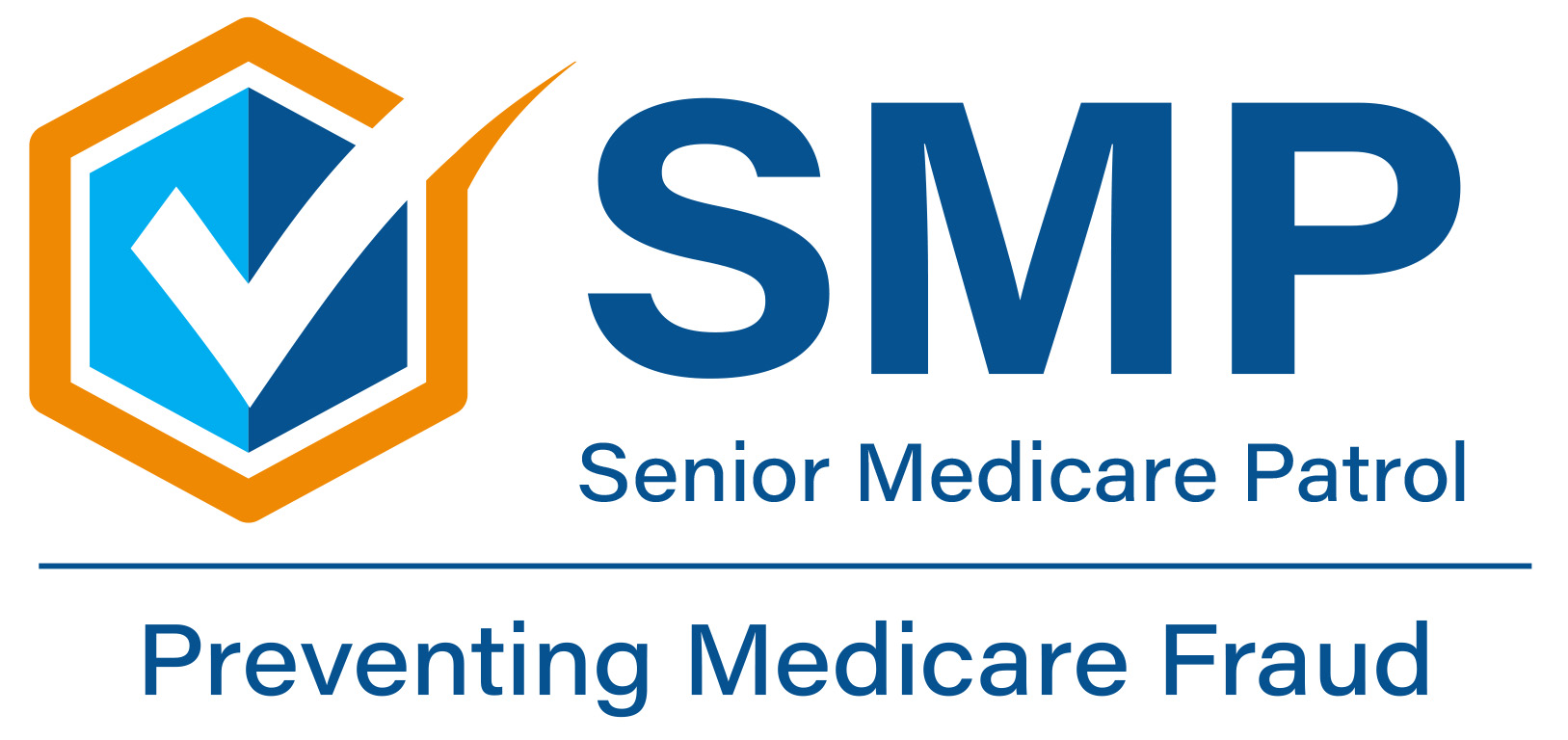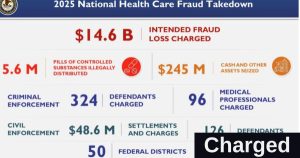Protect Yourself
and loved ones from Medicare fraud
Senior Medicare Patrols (SMPs) empower and assist Medicare beneficiaries, their families, and caregivers to prevent, detect, and report health care fraud, errors, and abuse.

Featured News
Remote Patient Monitoring Company Settles Lawsuit
Feds allege that company billed for services after failing to provide patients with devices that met requirements.
Doctor Sentenced for Fraud Scheme
She prescribed over 7,900 orthotic braces to more than 2,600 Medicare beneficiaries in six months.
Largest Health Care Fraud Takedown in History Announced
Criminal charges were filed against 324 defendants in 50 federal districts.




